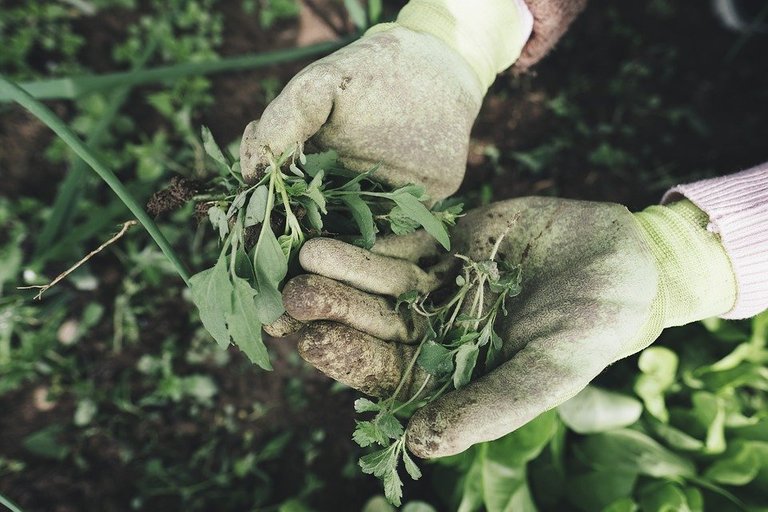
This closing delivery of the week, aims to socialize information related to the scientific work on plant biodiversity, mainly on the biased conception that has the agricultural sector to qualify a large number of plant species as weeds, this because, compete for space, water and light with crops of food interest.
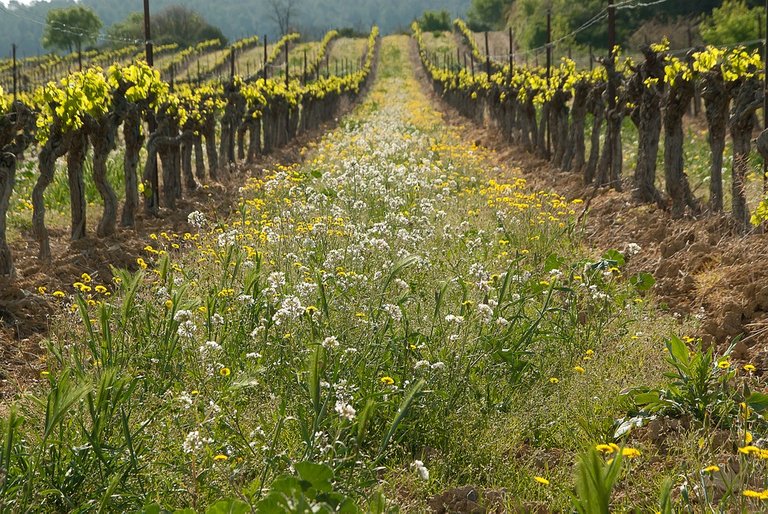
Fig. 2 In conventional agriculture, weeds are usually eliminated by applying synthetic herbicides. Image of public domain, Author: Jackmac, 2016
Multiple agro-ecological approaches, propose that weeds are positive for crops and not vice versa, these statements have been supported by experimental research in situ, whose results indicate, that the natural interactions exercised by plant species among themselves, and with all the fauna that coexist in the soil, are highly favorable for crops, this because, help the cultivated species to be more productive and not the opposite as is commonly believed.
These agro-ecological assertions allow us to infer that maintaining a certain level of biodiversity of weeds in cultivated fields can help to maintain a healthy ecological interaction in these areas. On the other hand, weeds create balanced conditions with the edaphic fauna, enhance defensive environments for cultivated species, an aspect that can reduce losses in those crops that are affected by the attack of pests and pathogenic agents.
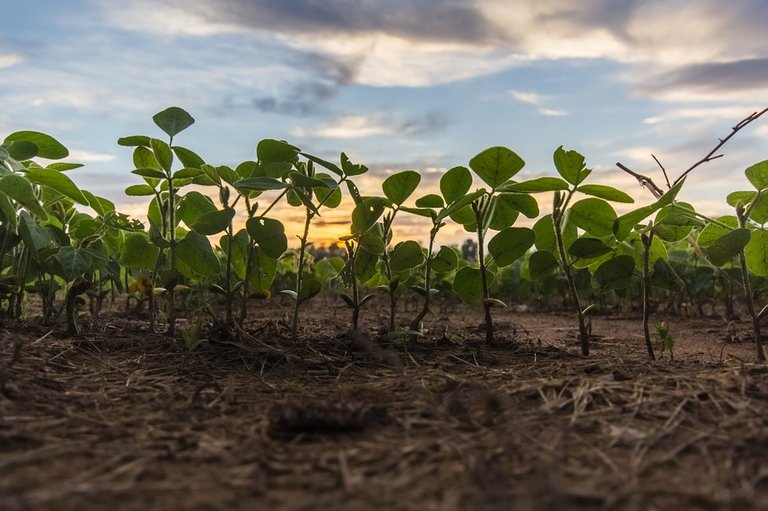
Fig. 3 Completely eliminating weeds brings harmful effects on crops by exposing them to attack by pests and diseases. Image of public domain, Author: Tookapic, 2015
The most relevant experimental interpretations are the scientific deductions reported by the researcher Guillaume Adeux, who is currently doing his PhD in the Agrobiodiversity program at the Sant'Anna School of Advanced Studies in Italy.
According to Adeux experimental deductions "certain weeds prevent the most invasive species from taking root and infesting crops, which reinforces the hypothesis that biodiversity is a positive factor for artificial and natural ecosystems".
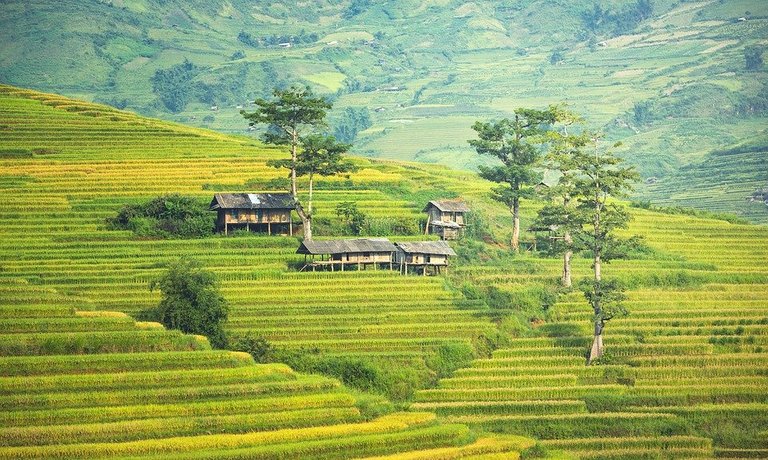
Fig. 4 Establish agro-ecological management practices that guarantee the maintenance of a certain plant biodiversity that favors the ecological balance of the crops. Image of public domain, Author: Sasint, 2016
In conclusion, these results involve rethinking new approaches to control practices aimed at eliminating species classified as weeds or considered harmful in agricultural activities. Hence, there is a time frame in favor of agreeing and applying agro-ecological principles to optimize interactions between plants.
BIBLIOGRAPHICAL REFERENCES CONSULTED:
[1] Adeux G., Vieren E., Carlesi E., and Bàrberi P. Mitigating crop yield losses through weed diversity. Nature Sustainability. 2019. Article: Online access
[2] Deytieux V., Cordeau S., and Adeux G. Diversity is the key for successful agroecological weed management. 2020. Article: Online access
OBSERVATION

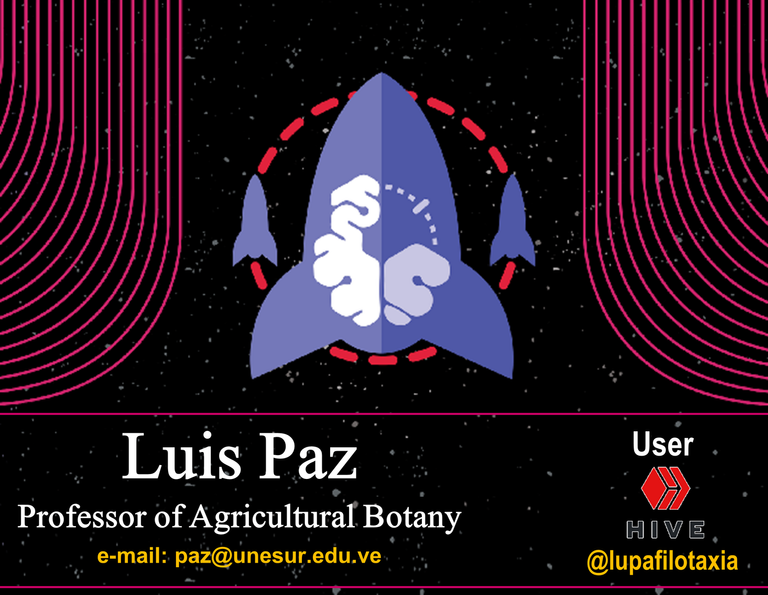
#Posh Twitter:
Anytime I hear the word weed, I am so afraid. I see it as unwanted plant but after reading though this post, I now get some understanding. Nice post
Greetings @tfame3865.
Life, is precisely an accumulation of natural conditions that are intertwined in multiple systems, but that in the end are part of a constant balance, the weeds are part of the system. Thank you for your kind and positive comment, best regards, we continue reading.
Good article, that's something you wouldn't think the weeds would do any good. It's possible that that same concept applies to businesses where the losses are not as bad as we think.
Approaches and perspectives, it is not always good, to look only to a certain side implies losing objectivity, because to give a verdict, we must know the rest of the positions.
For example; for modern society you may be a weed, which must be eliminated because you compete for geographical space, food, goods and services.
May your life be full of positive energies.
Very important information to share friend @lupafilotaxia, no doubt many people catalog the herbs as weeds, and in their eagerness to eradicate them can cause serious problems, even for their own crops.
So it is friend @emiliomoron, in most cases the complete eradication of the herbs or weeds, brings negative effects to the crops.
Weed management should be established through staged practices that guarantee the reactivation of natural interactions of plant communities with each other and with the soil. Thank you for your visit.
Excellent delivery @lupafilotaxia, through the lines that you share with us it is demonstrated that we must follow the bio-diversity of the species, as nature teaches us well. Greetings
That's right @madridbg, it's a matter of interpreting the natural interactions, and imitating each aspect in a balanced way, without the need to generate future problems. Thanks for your visit.
Based on what you share on this occasion, I think I agree with you on the statement that the weeds are not so bad, I have seen crops grow and develop in the midst of weeds at the same time that they have borne good fruit. Thank you very much for sharing relevant information with the Project Hope community. Greetings my dear friend @lupafilotaxia
After the first phase of growth, generally the weeds do not generate losses at the level of production, so it would be advisable to make a staggered management, which ensures a certain ecological balance, and not eliminate all the flora arvense. Best regards friend @carlos84.